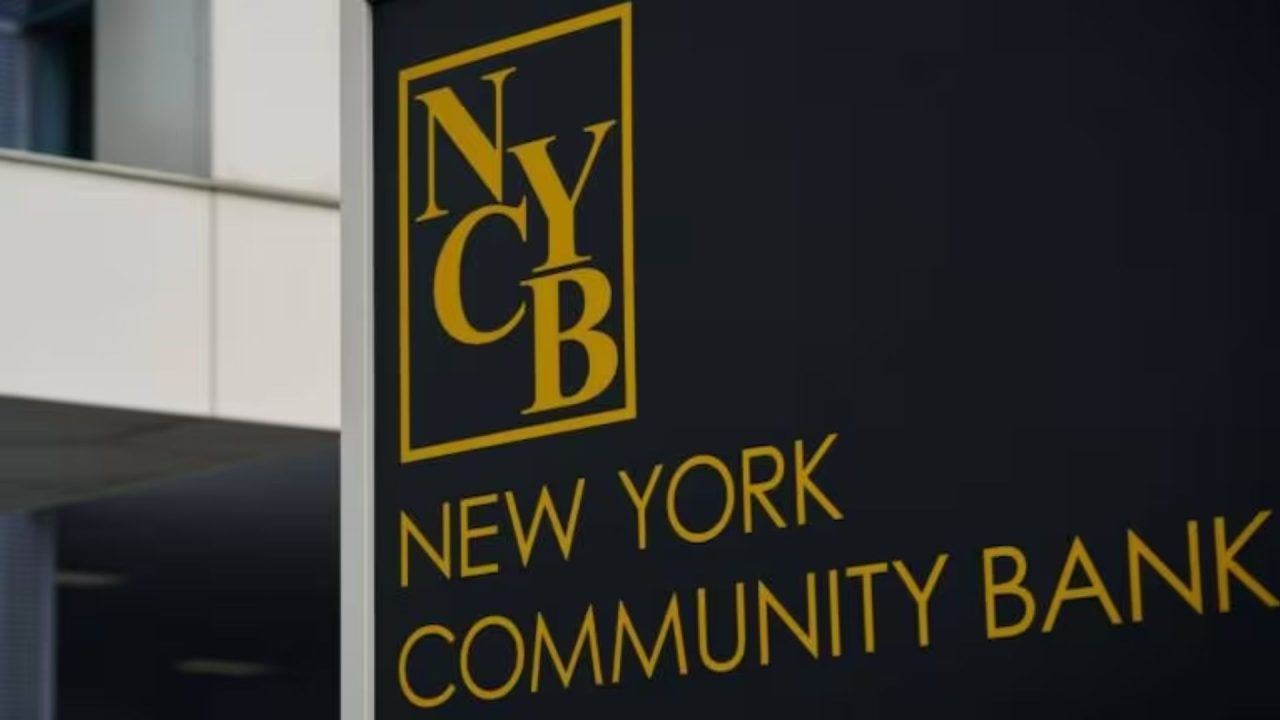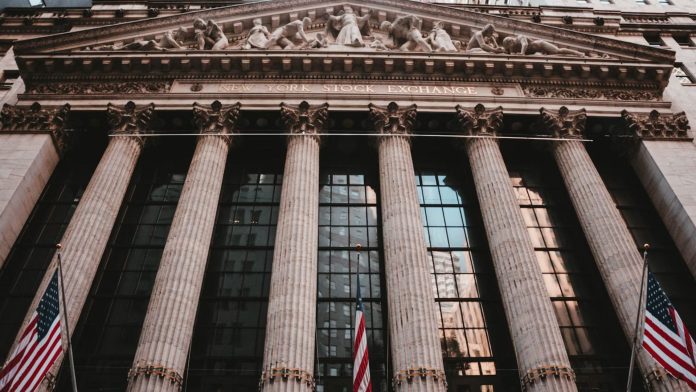Regional lender New York Community Bank is facing increasing challenges just as the anniversary of last year’s banking turmoil approaches. On Friday, shares of the troubled lender plummeted 25% to below $4 each after NYCB restated recent quarterly earnings lower by $2.4 billion, formally replaced its CEO and delayed the release of a key annual report.
The most alarming aspect is directly linked to investors’ concerns about commercial real estate and deficiencies the bank reported in its loan portfolio oversight. NYCB acknowledged that poor oversight led to “material weaknesses” in the way it reviewed its loan portfolio.
Analyst Steve Moss from Raymond James expressed significant concern, stating, “The disclosures add to our concern about NYCB’s interest-only multi-family portfolio, which may require a long workout period unless interest rates decline.”

In a significant turnaround from a year ago, when regional lenders faced deposit runs, NYCB now confronts existential questions of its own despite its previous perceived strength following the acquisition of assets from Signature Bank.
The bank’s fortunes took a sudden turn a month ago after a dismal fourth-quarter report, where it posted a surprise loss, reduced its dividend, and surprised analysts with its loan loss provisions.
Moody’s downgraded the bank’s credit ratings two notches to junk, citing concerns over its risk management capabilities after key departures. Despite efforts to shore up capital and changes in management, including the promotion of Alessandro DiNello to CEO, questions persist about the stability of NYCB’s deposits amid the ongoing turmoil.
Analyst Peter Winter from D.A. Davidson noted, “NYCB still has not provided an update on deposits, which we can only infer … are down.”

In response to the disclosed weaknesses, DiNello emphasized that the necessary steps are being taken to address them, asserting confidence in the bank’s turnaround plan and its liquidity.
The pressure on NYCB’s operations and profitability, coupled with uncertainties surrounding loan defaults, raises speculation about a potential sale to a more stable partner. However, Ben Emons from NewEdge Wealth pointed out that banks trading below $5 a share are perceived as at risk for government seizure.
As NYCB’s stock hit a 52-week low on Friday, questions linger about its future, particularly given its heavier reliance on commercial real estate loans compared to its peers. Citigroup analyst Keith Horowitz suggested, “NYCB is on its own,” highlighting the uncertainty surrounding potential buyers at this stage.


